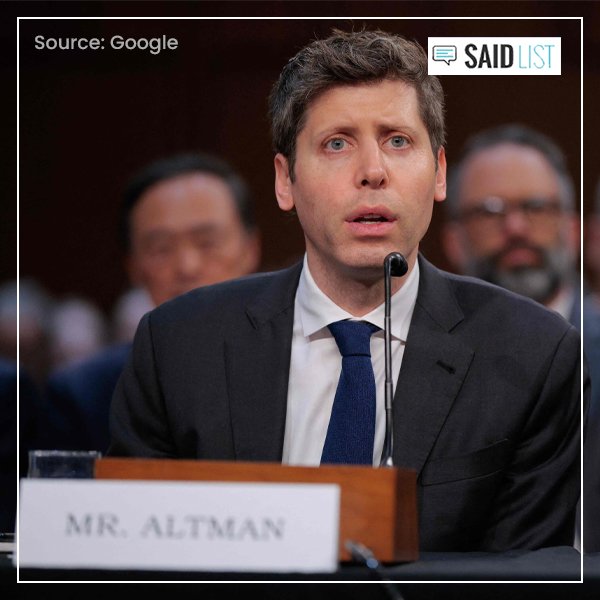As a resident of Delhi, your mental health and well-being are of utmost importance. The approval of a State Mental Health Authority (SMHA) by Delhi’s Lieutenant Governor aims to prioritize mental healthcare and address the long-standing gaps in the system.
For far too long, mental health has taken a back seat in policymaking and budgetary allocations. The SMHA can be a game changer by ensuring equitable access to mental healthcare, especially for vulnerable groups. With a robust policy and regulatory framework in place, the SMHA will set standards for mental health services, provide oversight, and protect the rights of citizens with mental health conditions.
Overall, the establishment of the SMHA is a step in the right direction to make mental health a priority in Delhi.
Delhi LG Greenlights Formation of State Mental Health Authority
The approval of the State Mental Health Authority (SMHA) by the Lieutenant Governor of Delhi is an important step to improve mental healthcare. The SMHA will advise the government on mental health policies, raise awareness about mental health issues, register and monitor mental health establishments to ensure they meet minimum standards of care, and address complaints related to mental healthcare. Given that India has the highest number of people with depression worldwide, the need for such an authority is immense.
The SMHA can help reduce stigma around mental health and ensure ethical practices through education campaigns and a rights-based approach. While the establishment of the SMHA has been delayed, it is a positive measure that has the potential to transform mental healthcare in Delhi through advising, regulating and enacting reforms. With proper leadership and resources, the SMHA can make mental health a priority and provide support to those in need.
The Role and Responsibilities of the New State Mental Health Authority
The newly approved State Mental Health Authority (SMHA) will play an important role in formulating policies, programs, and guidelines for mental healthcare in Delhi.
- The SMHA will register and regulate mental health establishments in Delhi to ensure adequate standards of treatment and care.
- It will lay down procedures for registration of mental health professionals and set minimum standards for facilities and services provided.
- The SMHA will advise the Delhi government on all matters relating to mental health and propose legislations and guidelines.
- It will develop a comprehensive mental health plan for Delhi including strategies for early detection and treatment of mental illnesses.
- The SMHA will also be responsible for training and capacity building of mental health professionals and promoting mental health awareness and education.
- The SMHA should comprise of representatives from government, mental health professionals, NGOs as well as individuals with mental illness and their caregivers.
- The SMHA must meet regularly and work closely with stakeholders to develop and implement strategies to strengthen Delhi’s mental healthcare system.
- By improving access to affordable and quality mental healthcare, promoting awareness about mental health issues and protecting the rights of persons with mental illness, the SMHA can play an instrumental role in supporting the mental well-being of Delhi’s citizens.
With the establishment of the SMHA, Delhi has taken an important first step towards prioritizing mental health and ensuring that people with mental health conditions are able to live full, healthy and productive lives. The SMHA now needs to urgently develop and roll out impactful policies, programs and campaigns to address Delhi’s mental health needs and safeguard the rights of its mentally ill residents.
Conclusion
In conclusion, this announcement from the Delhi LG’s office signals progress for mental health services and advocacy in the region. With the formation of a State Mental Health Authority, Delhi can now work to reduce stigma around mental illness and improve access to care. The SMHA will provide oversight and guidance to shape mental health policy, coordinate services, and safeguard patient rights. After waiting five years for approval, people with mental illness and their loved ones can feel hopeful that their needs will gain more attention and support. Overall this decision is an important step towards building a society where mental health is valued and people of all abilities can live full, healthy lives.











